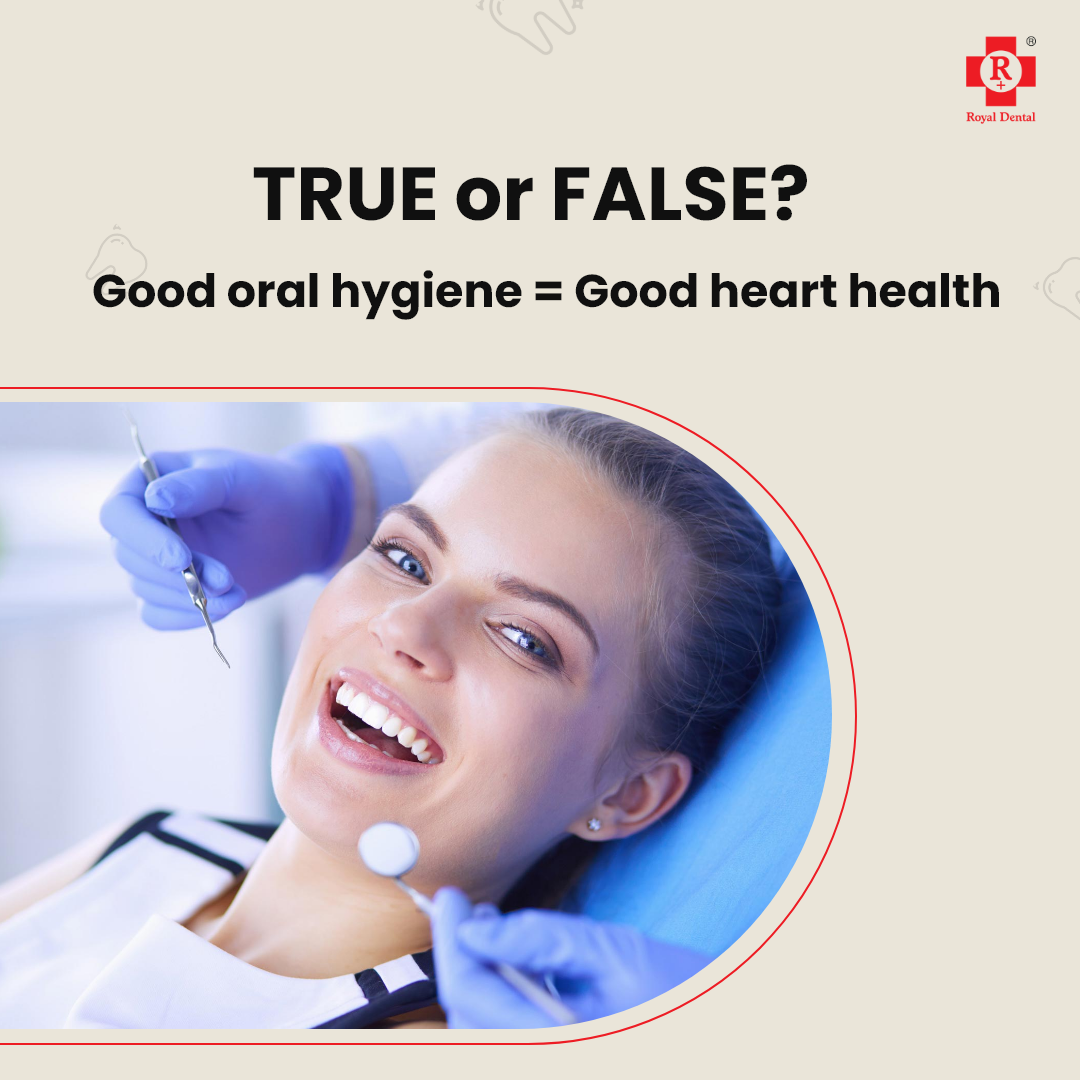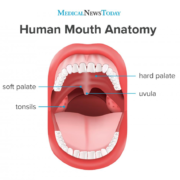If you’re reading this, chances are you care about your oral hygiene. Good for you! Keeping your pearly whites in tip-top shape is essential to a healthy life. Healthy gums and teeth not only look great, they also help you chew properly and aid in digestion as well as speech. But keeping your pearly whites clean is no picnic. Indeed, the fight with plaque and tartar is a constant battle that requires diligent attention to detail and the right tools at hand. Brushing, Flossing, Waterpik are to name a few.
What is the purpose of brushing your teeth?
The humble toothbrush has many uses, but its primary function is to remove plaque and tartar build-up by gently scrubbing the teeth and gums. When brushing your teeth, you should focus primarily on the gum line, where most of the plaque will collect. It’s best to brush your teeth after each meal, and before going to bed. Brushing is a good way to fight cavities. The more often you brush your teeth, the less time bacteria has to multiply and produce harmful acids that can erode your teeth.
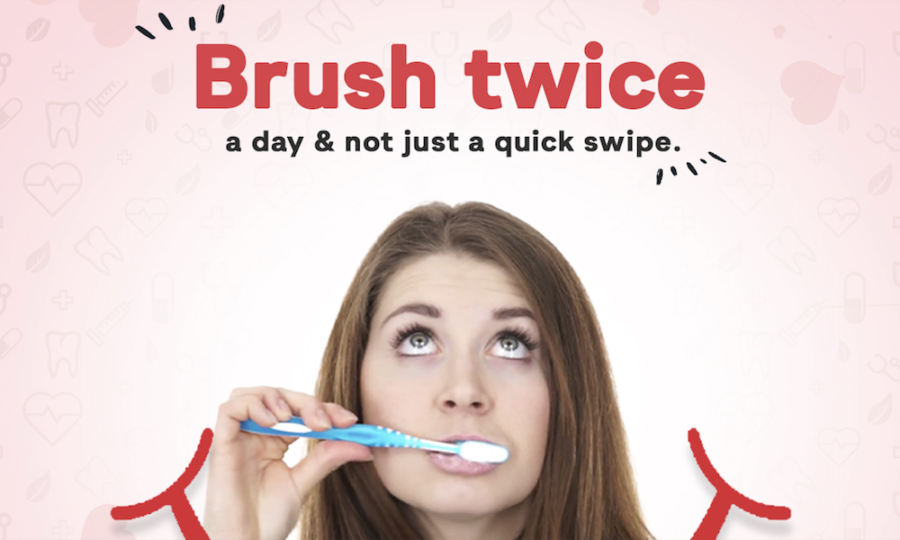
Brushing can also help strengthen your gums and reduce the risk of gingivitis and periodontitis. If you’re concerned about sensitivity, try a soft-bristle toothbrush and dental floss on a daily basis. If you’re still experiencing discomfort, talk to your dentist about a fluoride mouth rinse. A mouth rinse will help to reduce and prevent sensitivity by strengthening the tooth enamel.
Why is oral hygiene important?
It makes sense: you wouldn’t want a dirty face, so why would you want dirty teeth? If you’re not already practicing good oral hygiene, it’s time to start. Your teeth are susceptible to a variety of issues, including cavities, gum disease and bad breath. Most people don’t take the time to brush their teeth twice a day, floss once a day (or at all), or visit the dentist regularly. If you’re part of this crowd, you’re greatly increasing your risk of dental disease, heart disease, and even diabetes.
If you aren’t practicing proper oral hygiene, tartar will form and harden on your teeth. This will eventually lead to gum disease and loss of bone tissue around your teeth, which may result in dentures or extraction. Remember: oral hygiene is essential to a healthy body.
What you should know about dental flossing
Dental flossing is just as important as brushing your teeth. In fact, both should be done at least once per day. It’s a good idea to use a specialized flossing tool because the threads are wider and more effective at removing particles between your teeth. If you’re not flossing, you’re missing out on a great opportunity to reduce the risk of gum disease and cavities.
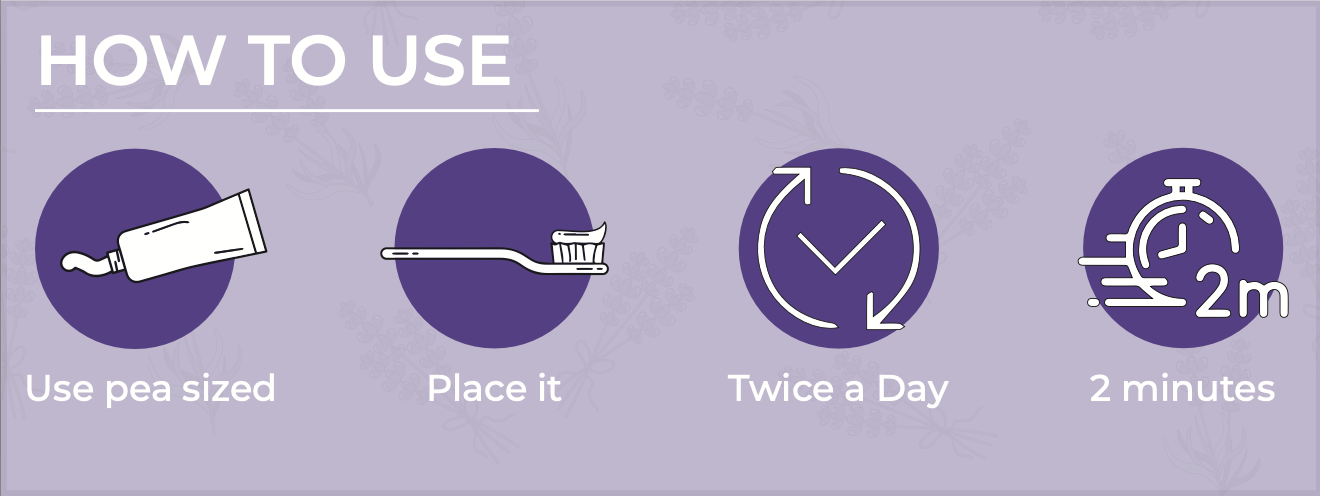
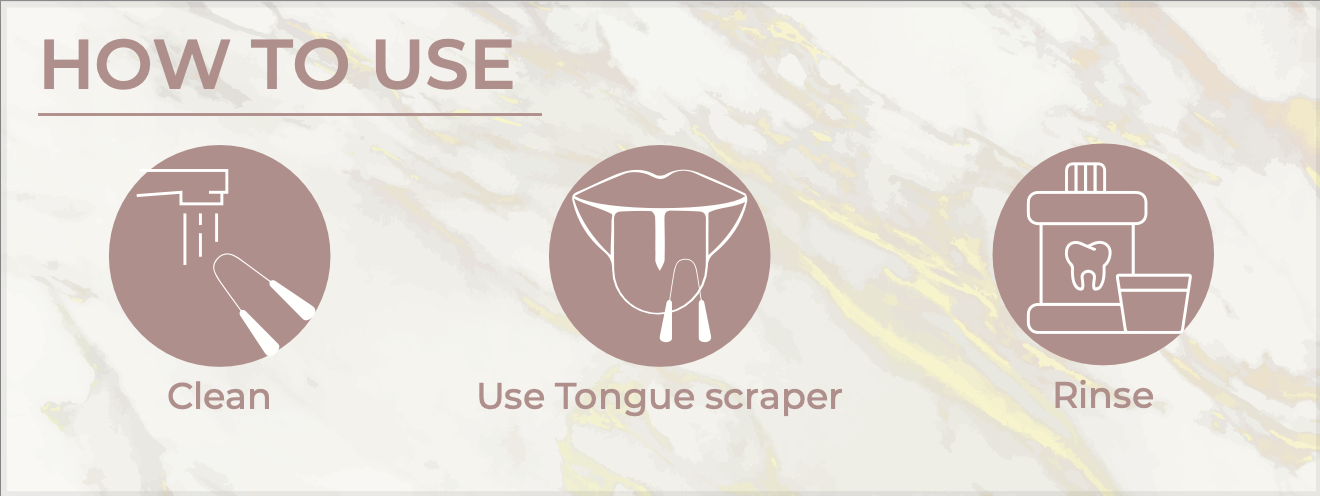
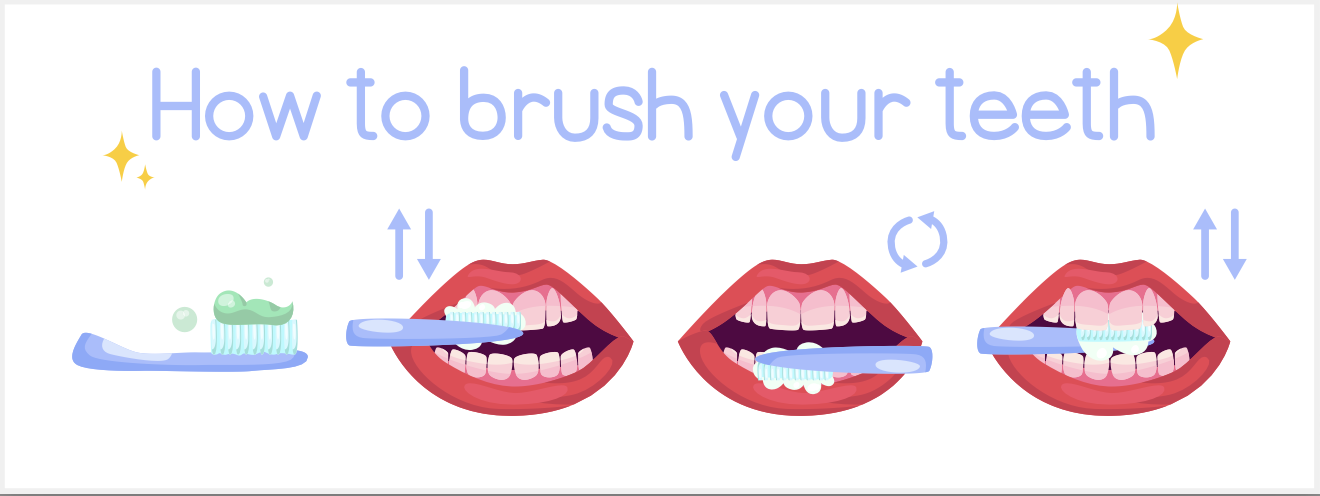
If you aren’t flossing, the foods that you eat will remain lodged between your teeth. This can cause bacteria to build up and lead to infections and gum disease. If you floss regularly, you can greatly reduce your risk of gum disease and cavities. You can purchase dental floss at any drugstore or supermarket. Dental floss is inexpensive, easy to use, and can be done anywhere.
How to use a mouthwash correctly
If you’re brushing and flossing correctly, you’re halfway there to a healthy smile. But what about mouthwash? Many people overuse mouthwash, thinking it will remove more plaque. That’s not the case! In fact, excessive use of mouthwash can cause dental erosion, which can weaken your teeth.
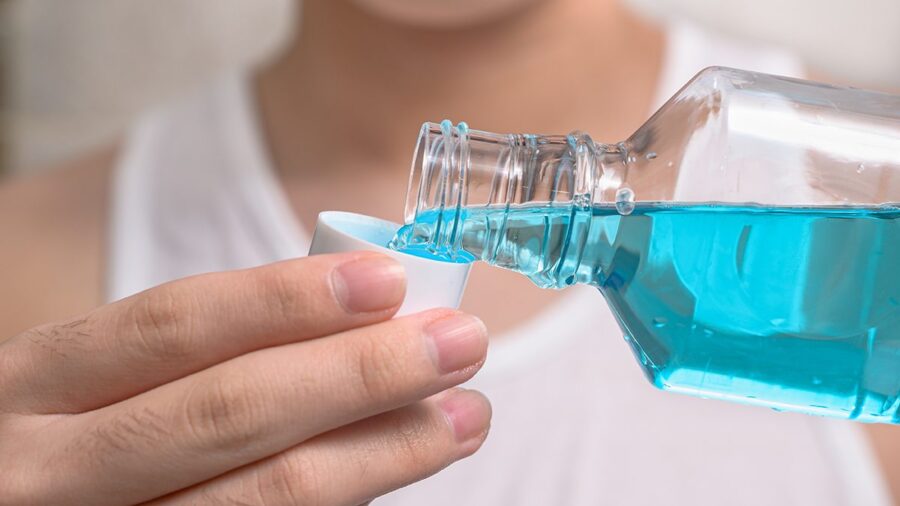
Mouthwash should be used twice a day: once in the morning, and once before bed. In the morning, use mouthwash to eliminate bacteria that remains on your teeth and gums after you brush and floss. Before bed, use mouthwash as a preventative measure against plaque build-up.
You can purchase most mouthwashes at the drugstore: just be sure to look for one that has fluoride. Do not swallow mouthwash as it can be toxic.
Bottom line
Keeping your teeth and gums healthy doesn’t have to be a chore — it’s a simple routine you can do every day. Brushing your teeth, flossing, and using mouthwash are simple habits that can keep your smile bright and your heart healthy. If you’re not already practicing good oral hygiene, it’s time to start. Your teeth are susceptible to a variety of issues, including cavities, gum disease, and bad breath. Most people don’t take the time to brush their teeth twice a day, floss once a day (or at all), or visit the dentist regularly.
Follow Us For More Updates
